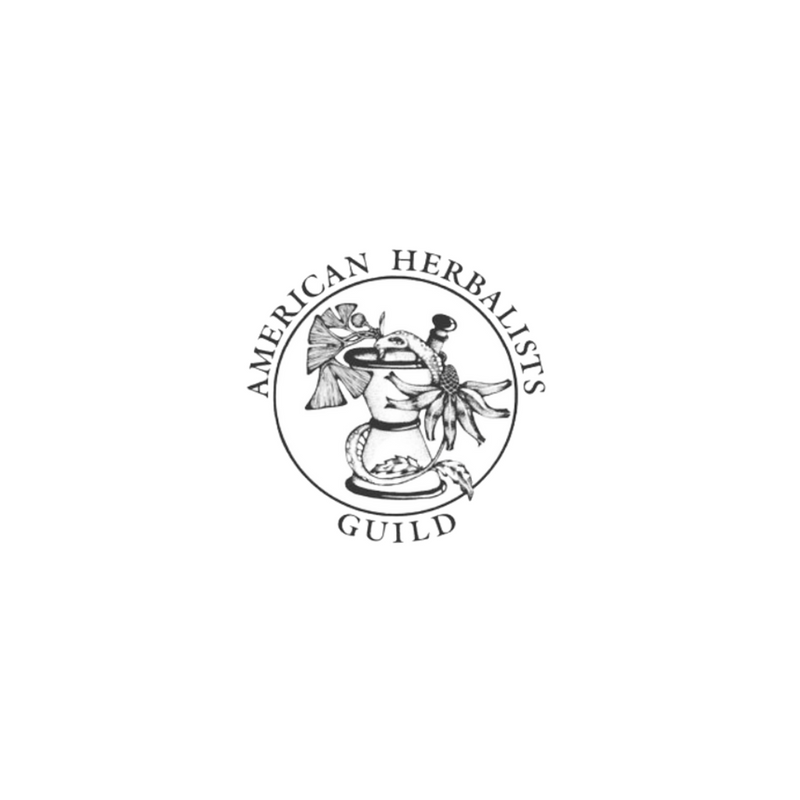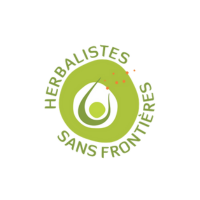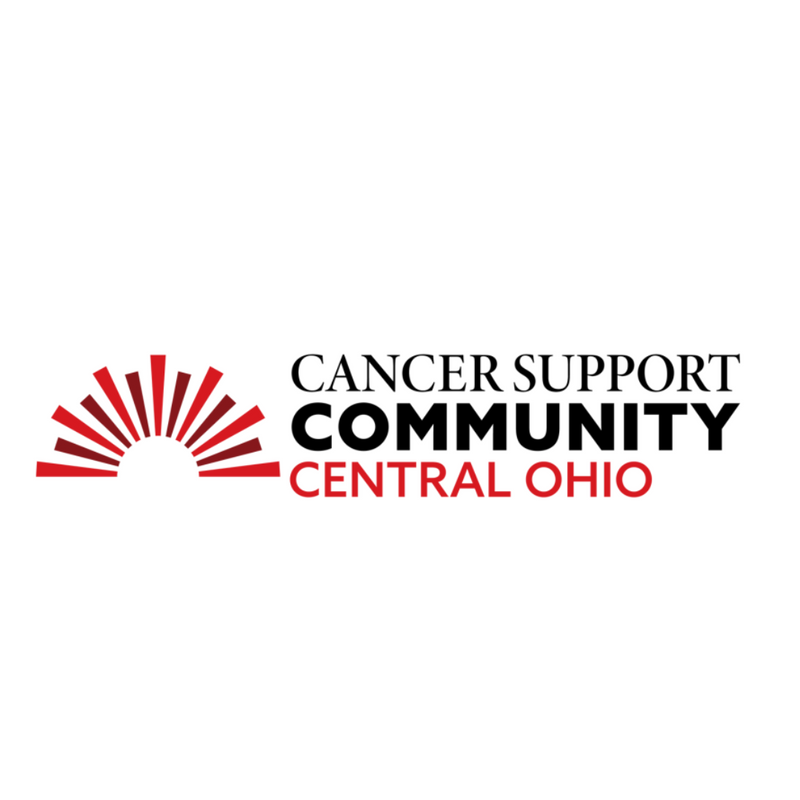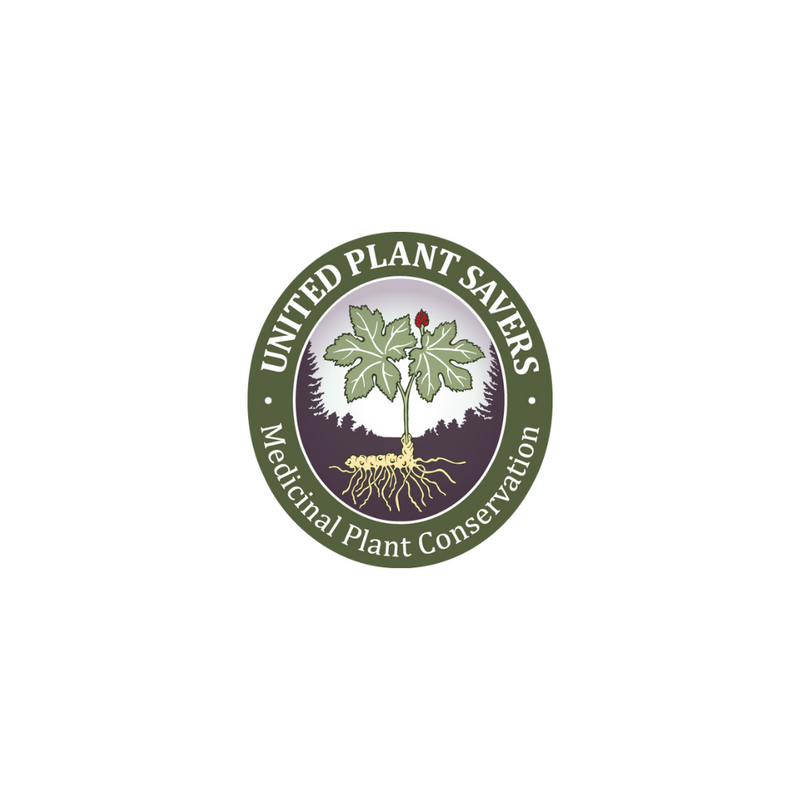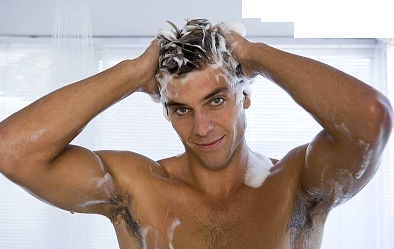
Skin Care and the Products We Choose, Part One
Share
Your skin is your body's largest organ- and it absorbs at least 60% of what you put on it. This includes the water from our baths and showers, soaps, topical medications, essential oils, and body care products. At Haven Herbs, we only carry and make products that are "organic, ethical, pronounceable, and effective." What do we mean by this?
Organic:
 This is actually a legal term. Organic means that the ingredients in a formula are grown or raised not using synthetic pesticides and fertilizers, and in the case of animal products, it also means no hormones or antibiotics are given. In the United States, in order for a processed product to qualify as organic, 95% of the ingredients must be organic. We accept organic products or ethical products in their stead.
This is actually a legal term. Organic means that the ingredients in a formula are grown or raised not using synthetic pesticides and fertilizers, and in the case of animal products, it also means no hormones or antibiotics are given. In the United States, in order for a processed product to qualify as organic, 95% of the ingredients must be organic. We accept organic products or ethical products in their stead.
Ethical:
 While not a legal term, we mean specific things by ethical here at Haven Herbs. When it coms to botanicals, if a cultivated plant is not legally certified organic, it must be grown using organic methods. This means a small family farm who cannot afford the annual fee for organic certification may still have organic soil (pesticide-free for 7 years) and may still use sustainable and pesticide and petrochemical-free fertilizer, but not be legally "organic".
While not a legal term, we mean specific things by ethical here at Haven Herbs. When it coms to botanicals, if a cultivated plant is not legally certified organic, it must be grown using organic methods. This means a small family farm who cannot afford the annual fee for organic certification may still have organic soil (pesticide-free for 7 years) and may still use sustainable and pesticide and petrochemical-free fertilizer, but not be legally "organic".
At Haven Herbs, we actually prefer local-and-ethical to shipped-from-abroad-and-certified-organic. We believe in supporting the community, family farms, and the power of bioregional herbalism. So we will choose a non-certified organic and ethical plant from an Ohio farm over a certified organic plant shipped using fossil fuels multiple times around the globe from a national herb distributor.
 If it is a wildcrafted herb, it needed to be cultivated in a sustainable way- not just away from roads and other sources of toxins for the end-user, but sustainable for the plant itself- harvesting only 10-15% of a patch and leaving plenty of rhizome for the plant to make a go of it next year. No ringing trees for their bark, no taking endangered plants from the wild.
If it is a wildcrafted herb, it needed to be cultivated in a sustainable way- not just away from roads and other sources of toxins for the end-user, but sustainable for the plant itself- harvesting only 10-15% of a patch and leaving plenty of rhizome for the plant to make a go of it next year. No ringing trees for their bark, no taking endangered plants from the wild.
When it comes to bee products like wax, honey, propolis, and pollen, there are great producers and not-so-great ones. We all know that local and raw are best when it comes to honey and our personal health. But humans do not exist in a vacuum, and at Haven Herbs, we believe that selecting a honey that is best for the bees is best for us. So we choose a bee producer that does small batches over rampant production.
And for items that are not available here in Ohio (sea salt, Shea butter, Coconut oil) we opt for fair trade certified products. Why? Everyone deserves to make a living wage and be treated fairly in the workplace. It's why we are a worker owned business and why we support other coops, too.
Pronounceable:
 OK, we get a few chuckles about this one- here is what we mean. Lots of chemical isolates have long names and most of the time, they are not necessary to the formula (they are there as a carrier, a foaming agent, a shelf stabilizer, or a preservative) or are even toxic to you or your microbiome. Many common additives to US body care are carcinogenic or endocrine disrupting and we never put anything like that in our formulas. We are going to get into some of the less pronounceable ingredients that you should be avoiding in part two of this topic, appearing on the blog later.
OK, we get a few chuckles about this one- here is what we mean. Lots of chemical isolates have long names and most of the time, they are not necessary to the formula (they are there as a carrier, a foaming agent, a shelf stabilizer, or a preservative) or are even toxic to you or your microbiome. Many common additives to US body care are carcinogenic or endocrine disrupting and we never put anything like that in our formulas. We are going to get into some of the less pronounceable ingredients that you should be avoiding in part two of this topic, appearing on the blog later.
Effective:
The most common question that we get from people wanting to use natural products (be it deodorant or a migraine remedy) is, "Does it really work?" Because they have tried myriad products in the hopes of switching to something better for them, only to be disappointed in the product. At Haven Herbs, we try out our formulas first and carry effective formulas. We also have hundreds of repeat customers coming back for more, so we know we are doing something right!
Why do we have more stringent standards on what we sell than many other places (like Whole Paycheck or Unlucky's, for example) for our body care and remedies? Besides being worker owned and having a sense of pride and ownership in all that we do, here's why (and unlike big boxes, it has little to do with profit margin):
Until quite recently, scientists believed the skin was a total barrier. They now know that it allows substances of a low molecular weight through. What is a "molecular weight"?
 If you think of the skin as a mesh like a tennis racket, as in the diagram opposite, you will see how some molecules can pass through and others cannot.
If you think of the skin as a mesh like a tennis racket, as in the diagram opposite, you will see how some molecules can pass through and others cannot.
Scientists have graded the hydrogen atom as 1 for molecular weight and have discovered that any molecule below 3000 can enter the skin, a molecule below 750 can enter the skin cell, and a molecule below 150 can enter into the bloodstream.
This discovery is being used increasingly with the introduction of transdermal patches like Nicotine, HRT, and pain relief. (They are popular because entry through the skin bypasses the stomach where many drugs can be altered by the stomach acid.)
This means ingredients you are unwilling to swallow should not be used to "clean" your body either. You are absorbing things that could actually damage your wellbeing.
___________________________________________________________
Haven Herbs is not a national conglomerate disguised as a small natural company, and we care about your health. We hand select and craft all our products. We don't outsource them.
Tom's of Maine? Its owned by Proctor and Gamble. Their toothpastes contain cocamidopropylbetane. That sounds scary, right? It is. EWG names this ingredient as an ecotoxicology hazard, specifically with causing horrible allergies/immunotoxicity reactions.
Burt's Bees is no longer an artisinal body care company in North Carolina. It is owned by Clorox and its formulas are made in China, mostly. It has been cited by the FDA as having heavy metals in its lip balms. Even their "Baby Bee" products are problematic. It also is written up as having problems with its fragrances (ecotoxicology, allergies/immunotoxicity, irritation (skin, eyes, or lungs), and organ system toxicity (non-reproductive).
Burt's Bees also uses grapefruit seed extract (which is NOT an ingredient I recommend using in formulas nor on its own): It has serious contamination concerns (benzethonium chloride, methylparaben, and/or triclosan) Additionally, Burt's Bees has ingredients like amylcinnamaldehyde and sodium benzoate. These are toxic.
Part two of this blog series will detail specific toxic ingredients in body care formulas so that you can avoid them.
Organic:
 This is actually a legal term. Organic means that the ingredients in a formula are grown or raised not using synthetic pesticides and fertilizers, and in the case of animal products, it also means no hormones or antibiotics are given. In the United States, in order for a processed product to qualify as organic, 95% of the ingredients must be organic. We accept organic products or ethical products in their stead.
This is actually a legal term. Organic means that the ingredients in a formula are grown or raised not using synthetic pesticides and fertilizers, and in the case of animal products, it also means no hormones or antibiotics are given. In the United States, in order for a processed product to qualify as organic, 95% of the ingredients must be organic. We accept organic products or ethical products in their stead.Ethical:
 While not a legal term, we mean specific things by ethical here at Haven Herbs. When it coms to botanicals, if a cultivated plant is not legally certified organic, it must be grown using organic methods. This means a small family farm who cannot afford the annual fee for organic certification may still have organic soil (pesticide-free for 7 years) and may still use sustainable and pesticide and petrochemical-free fertilizer, but not be legally "organic".
While not a legal term, we mean specific things by ethical here at Haven Herbs. When it coms to botanicals, if a cultivated plant is not legally certified organic, it must be grown using organic methods. This means a small family farm who cannot afford the annual fee for organic certification may still have organic soil (pesticide-free for 7 years) and may still use sustainable and pesticide and petrochemical-free fertilizer, but not be legally "organic". At Haven Herbs, we actually prefer local-and-ethical to shipped-from-abroad-and-certified-organic. We believe in supporting the community, family farms, and the power of bioregional herbalism. So we will choose a non-certified organic and ethical plant from an Ohio farm over a certified organic plant shipped using fossil fuels multiple times around the globe from a national herb distributor.
 If it is a wildcrafted herb, it needed to be cultivated in a sustainable way- not just away from roads and other sources of toxins for the end-user, but sustainable for the plant itself- harvesting only 10-15% of a patch and leaving plenty of rhizome for the plant to make a go of it next year. No ringing trees for their bark, no taking endangered plants from the wild.
If it is a wildcrafted herb, it needed to be cultivated in a sustainable way- not just away from roads and other sources of toxins for the end-user, but sustainable for the plant itself- harvesting only 10-15% of a patch and leaving plenty of rhizome for the plant to make a go of it next year. No ringing trees for their bark, no taking endangered plants from the wild.When it comes to bee products like wax, honey, propolis, and pollen, there are great producers and not-so-great ones. We all know that local and raw are best when it comes to honey and our personal health. But humans do not exist in a vacuum, and at Haven Herbs, we believe that selecting a honey that is best for the bees is best for us. So we choose a bee producer that does small batches over rampant production.
And for items that are not available here in Ohio (sea salt, Shea butter, Coconut oil) we opt for fair trade certified products. Why? Everyone deserves to make a living wage and be treated fairly in the workplace. It's why we are a worker owned business and why we support other coops, too.
Pronounceable:
 OK, we get a few chuckles about this one- here is what we mean. Lots of chemical isolates have long names and most of the time, they are not necessary to the formula (they are there as a carrier, a foaming agent, a shelf stabilizer, or a preservative) or are even toxic to you or your microbiome. Many common additives to US body care are carcinogenic or endocrine disrupting and we never put anything like that in our formulas. We are going to get into some of the less pronounceable ingredients that you should be avoiding in part two of this topic, appearing on the blog later.
OK, we get a few chuckles about this one- here is what we mean. Lots of chemical isolates have long names and most of the time, they are not necessary to the formula (they are there as a carrier, a foaming agent, a shelf stabilizer, or a preservative) or are even toxic to you or your microbiome. Many common additives to US body care are carcinogenic or endocrine disrupting and we never put anything like that in our formulas. We are going to get into some of the less pronounceable ingredients that you should be avoiding in part two of this topic, appearing on the blog later.Effective:
The most common question that we get from people wanting to use natural products (be it deodorant or a migraine remedy) is, "Does it really work?" Because they have tried myriad products in the hopes of switching to something better for them, only to be disappointed in the product. At Haven Herbs, we try out our formulas first and carry effective formulas. We also have hundreds of repeat customers coming back for more, so we know we are doing something right!
Why do we have more stringent standards on what we sell than many other places (like Whole Paycheck or Unlucky's, for example) for our body care and remedies? Besides being worker owned and having a sense of pride and ownership in all that we do, here's why (and unlike big boxes, it has little to do with profit margin):
Until quite recently, scientists believed the skin was a total barrier. They now know that it allows substances of a low molecular weight through. What is a "molecular weight"?
 If you think of the skin as a mesh like a tennis racket, as in the diagram opposite, you will see how some molecules can pass through and others cannot.
If you think of the skin as a mesh like a tennis racket, as in the diagram opposite, you will see how some molecules can pass through and others cannot. Scientists have graded the hydrogen atom as 1 for molecular weight and have discovered that any molecule below 3000 can enter the skin, a molecule below 750 can enter the skin cell, and a molecule below 150 can enter into the bloodstream.
This discovery is being used increasingly with the introduction of transdermal patches like Nicotine, HRT, and pain relief. (They are popular because entry through the skin bypasses the stomach where many drugs can be altered by the stomach acid.)
This means ingredients you are unwilling to swallow should not be used to "clean" your body either. You are absorbing things that could actually damage your wellbeing.
___________________________________________________________
Haven Herbs is not a national conglomerate disguised as a small natural company, and we care about your health. We hand select and craft all our products. We don't outsource them.
Tom's of Maine? Its owned by Proctor and Gamble. Their toothpastes contain cocamidopropylbetane. That sounds scary, right? It is. EWG names this ingredient as an ecotoxicology hazard, specifically with causing horrible allergies/immunotoxicity reactions.
Burt's Bees is no longer an artisinal body care company in North Carolina. It is owned by Clorox and its formulas are made in China, mostly. It has been cited by the FDA as having heavy metals in its lip balms. Even their "Baby Bee" products are problematic. It also is written up as having problems with its fragrances (ecotoxicology, allergies/immunotoxicity, irritation (skin, eyes, or lungs), and organ system toxicity (non-reproductive).
Burt's Bees also uses grapefruit seed extract (which is NOT an ingredient I recommend using in formulas nor on its own): It has serious contamination concerns (benzethonium chloride, methylparaben, and/or triclosan) Additionally, Burt's Bees has ingredients like amylcinnamaldehyde and sodium benzoate. These are toxic.
Part two of this blog series will detail specific toxic ingredients in body care formulas so that you can avoid them.

